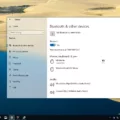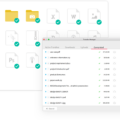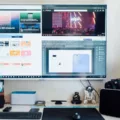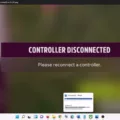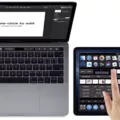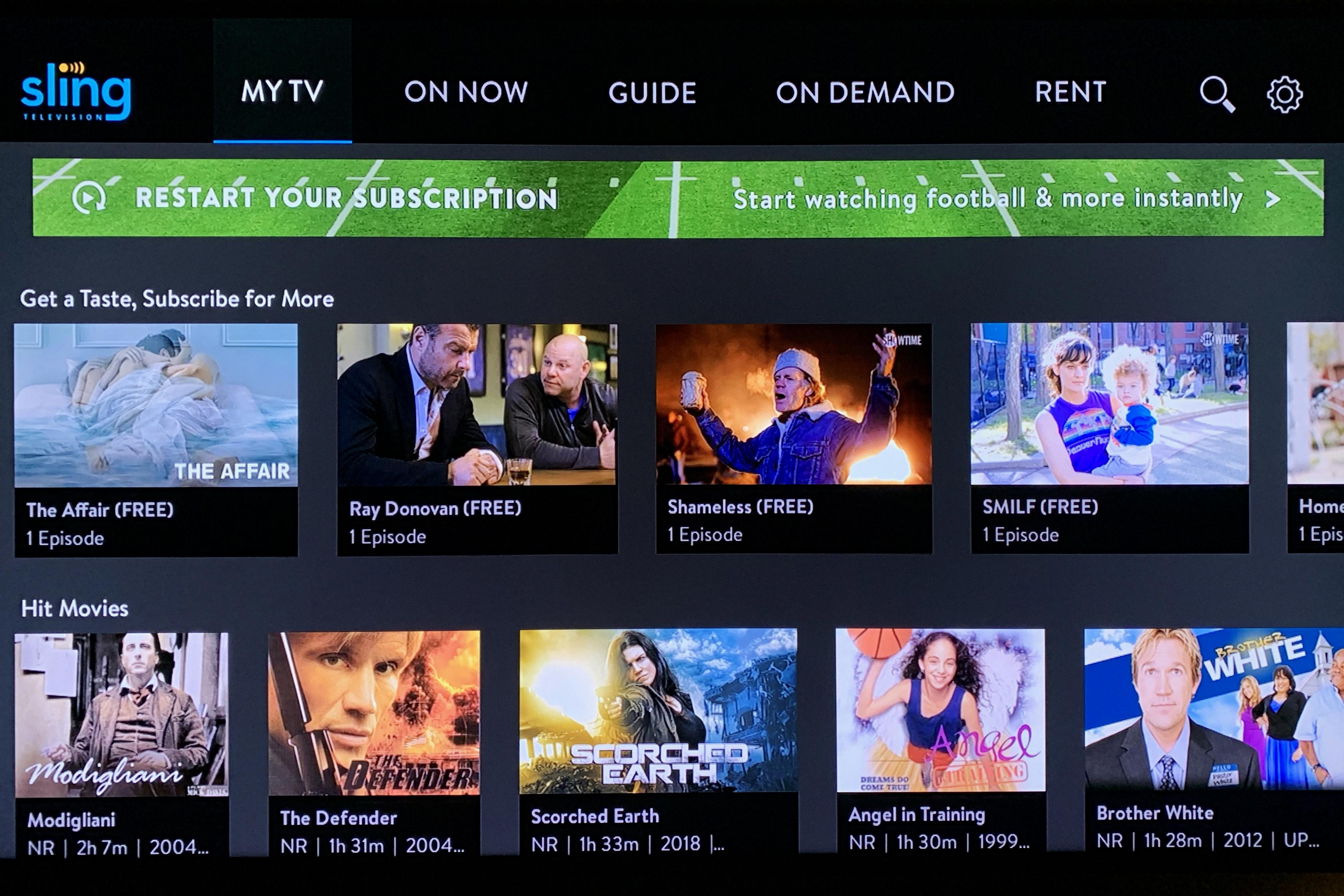Graphics Processing Units or GPUs are an essential component of any modern-day computer. They are responsible for rendering graphics and videos, making them critical for gamers, video editors, and graphic designers. However, users often face the problem of their GPU maxing out for no apparent reason. In this article, we will explore the reasons behind this issue and how to fix it.
The first reason behind your GPU maxing out for no reason could be a background process or a recent system update running on your computer. These processes can be resource-intensive and cause your GPU to work harder than usual. To check if this is the case, you can open your Task Manager and see if any process is using an excessive amount of GPU. If so, you can end the process or wait for the update to finish.
Another reason behind your GPU maxing out could be due to improper fan speed settings. If your GPU is overheating, it will work harder to cool down, leading to higher GPU usage. You can check your fan speed settings in your computer’s BIOS or use third-party software to adjust them. Additionally, you can clean your computer’s fans and ensure proper airflow to prevent overheating.
Voluntary or involuntary overclocking can also cause your GPU to max out. Overclocking means running your GPU at a higher clock speed than it was designed for, which can lead to stability issues and overheating. If you have overclocked your GPU, you should revert to the default settings and ensure that your GPU is running at its intended clock speed.
Furthermore, your GPU usage can be contextual and vary from game to game or application to application. Running a graphics-intensive game or application will undoubtedly cause your GPU to work harder than running a less demanding one. To fix this issue, you can limit the framerate of the game or reduce its graphical settings to reduce GPU usage.
A GPU maxing out for no reason can be caused by background processes, improper fan speed settings, voluntary or involuntary overclocking, or contextual GPU usage. By following the solutions mentioned above, you can identify and fix the issue, ensuring that your GPU is running smoothly and efficiently. Remember to keep your computer’s fans clean and ensure proper airflow to prevent overheating, and always check for updates and background processes that may be causing the issue.
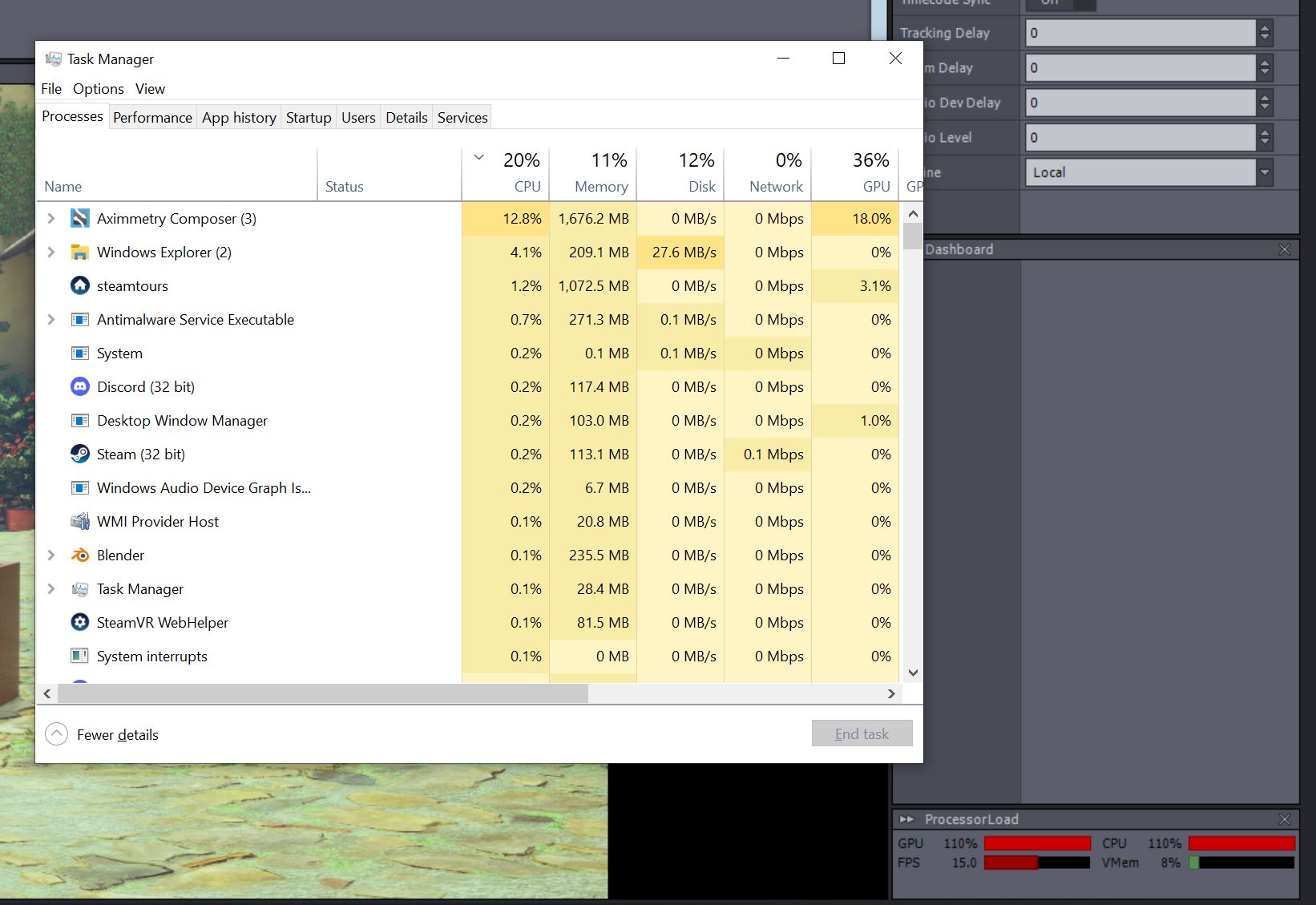
High GPU Usage Despite No Running Applications
There could be several reasons for high GPU usage even when there are no programs or applications running. Some possible reasons include:
1. Background processes: Some programs and applications may continue running in the background even after they have been closed. These processes can consume GPU resources and cause spikes in usage.
2. Malware or viruses: Malware or viruses can also cause high GPU usage by running unauthorized programs or applications without your knowledge.
3. Faulty hardware: Faulty hardware, such as a damaged graphics card or power supply unit, can cause high GPU usage.
4. Overclocking: Overclocking can cause high GPU usage by forcing the GPU to work at higher speeds than it is designed to handle.
5. System or software updates: System or software updates can also cause high GPU usage by downloading and installing updates in the background.
To identify the exact cause of high GPU usage, you can use a task manager or a third-party system monitoring tool to check which programs or processes are using the GPU resources. Once you have identified the cause, you can take appropriate action to resolve the issue.
High GPU Utilization: Causes and Solutions
The reason why your GPU is at 100% utilization when playing games is that your computer is trying to keep up with the demands of the game. When a game is running, it requires a lot of processing power to render graphics, calculate physics and run background processes. Your GPU is responsible for rendering the graphics, and if it’s not powerful enough to keep up with the demands of the game, it will be at 100% utilization, trying to keep up with the workload.
Another reason why your GPU might be at 100% utilization is that the game you’re playing might not be optimized for your hardware. This means that the game is not taking advantage of all the resources available to it, and as a result, your GPU is working harder than it needs to.
In some cases, your GPU might be at 100% utilization because of a driver issue. If your GPU drivers are outdated or corrupted, your GPU might not be able to work efficiently, causing it to be at 100% utilization.
To summarize, GPU utilization at 100% is not necessarily a bad thing, as it indicates that your graphics card is working hard to render the game’s graphics. However, if you’re experiencing performance issues, it’s worth investigating to determine the root cause of the problem.
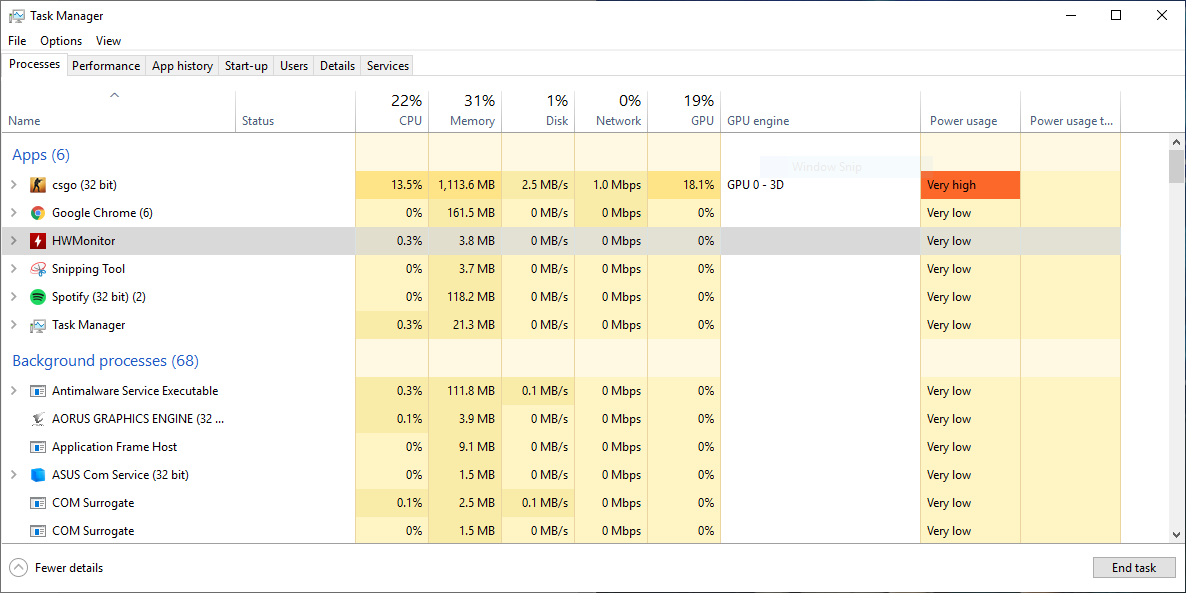
The Causes of High GPU Usage
A high GPU temperature can be attributed to several factors, including:
– Improper fan speed settings: If your graphics card’s fan speed is set too low, it may not be able to effectively dissipate the heat generated by the GPU, leading to high temperatures.
– Graphics-intensive processes: Running graphics-intensive applications such as video games or 3D rendering software can put a considerable load on your GPU, causing it to heat up.
– Software running in the background: Certain software programs running in the background, such as antivirus software or video recording software, can use up GPU resources and increase its temperature.
– Voluntary or involuntary overclocking: Overclocking your GPU can increase its performance, but it also generates more heat. If you have accidentally overclocked your GPU or set it to run at a higher clock speed than recommended, it may be running hotter than it should.
To address the issue of a high GPU temperature, you can try the following solutions:
– Adjust fan speed settings: Increase the fan speed of your graphics card to improve cooling.
– Close graphics-intensive applications: If you’re not actively using graphics-intensive applications, close them to reduce the load on your GPU.
– Close background software: Shut down any software running in the background that may be using up GPU resources.
– Reset overclocking settings: If you have overclocked your GPU, reset it to its default clock speed settings to reduce the load on the GPU and lower its temperature.
By implementing these solutions, you can lower your GPU temperature and prevent potential damage to your graphics card.
Fixing a GPU Overload
GPU overload is a common issue that gamers and content creators face while using their computers. Fortunately, there are several solutions to fix this problem without the need for expensive hardware upgrades.
Here are some effective methods to fix GPU overload issues:
1. Run OBS as Administrator (Windows-only): This can help alleviate any permission issues that may be causing the GPU overload. Right-click on the OBS icon and select “Run as administrator” to try this solution.
2. Check for Other Programs Using the GPU: Sometimes, other programs running in the background can cause the GPU to overload. Check the Task Manager to see if any other programs are using the GPU and close them if possible.
3. Limit the Game Framerate: You can limit the game’s framerate to reduce the load on the GPU. This can be done through in-game settings or using third-party tools like RivaTuner.
4. Reduce the Game’s Graphical Settings: Reducing the graphical settings of the game can significantly reduce the load on the GPU. Lowering the resolution, turning off anti-aliasing, or reducing the texture quality are some examples of settings that can be adjusted.
5. Disable Game Capture Multi-Adapter Compatibility (Windows-only): This option can be found in the OBS settings under “Advanced”. Disabling it can help reduce GPU overload issues.
6. Disable Windows Gaming Features (Windows-only): Windows has several gaming features that can cause the GPU to overload. Disabling them can help alleviate the issue. Go to “Settings” > “Gaming” > “Game Mode” and turn off the toggle.
7. Build Simpler Scenes: If you’re a streamer or content creator, building simpler scenes with fewer sources and filters can help reduce the load on the GPU.
8. Reduce Filters: Filters like color correction, noise suppression, and sharpening can put a strain on the GPU. Reducing the number of filters or disabling them can help alleviate the issue.
There are several effective methods to fix GPU overload issues. By following the above solutions, you can reduce the strain on your GPU and enjoy smooth gaming and content creation experiences.
Conclusion
The GPU is a crucial component in any computer system that is responsible for rendering high-quality graphics and images. However, it is not uncommon for users to experience issues with their GPU, such as overheating, high utilization, and bottlenecking. These issues can be caused by a range of factors, including improper fan speed settings, graphics-intensive processes, software running in the background, and voluntary or involuntary overclocking.
Fortunately, there are several quick fixes that users can try to address these issues, such as running OBS as an administrator, checking for other programs using the GPU, limiting the game framerate, reducing the game’s graphical settings, disabling multi-adapter compatibility, disabling Windows gaming features, building simpler scenes, and reducing filters.
By understanding the common issues that can affect the GPU and taking proactive steps to address them, users can ensure that their computer system runs smoothly and efficiently, providing an optimal experience for gaming, video editing, and other graphics-intensive tasks.

